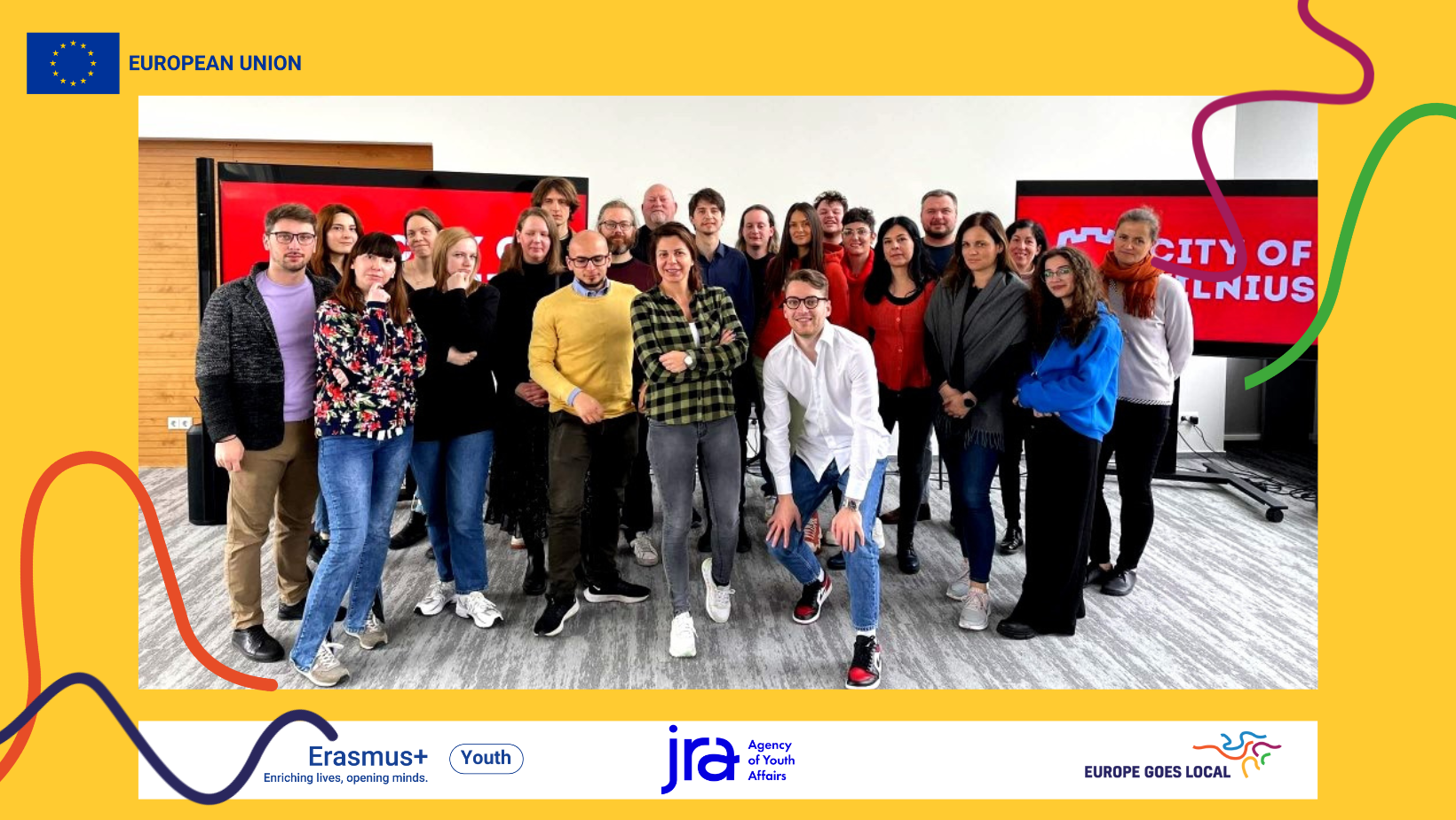
From the 11th to the 16th of April 2023 there was a EGL study visit in Vilnius (Lithuania) to increase the quality of local youth work. 21 youth workers and municipality representatives got to know youth work in Lithuania and shared best practices from their own countries.
The participants were introduced to the Lithuanian youth work system, they met representatives from municipalities, and visited four youth centers in rural and urban areas. Furthermore, they met with open, street, and mobile youth workers.
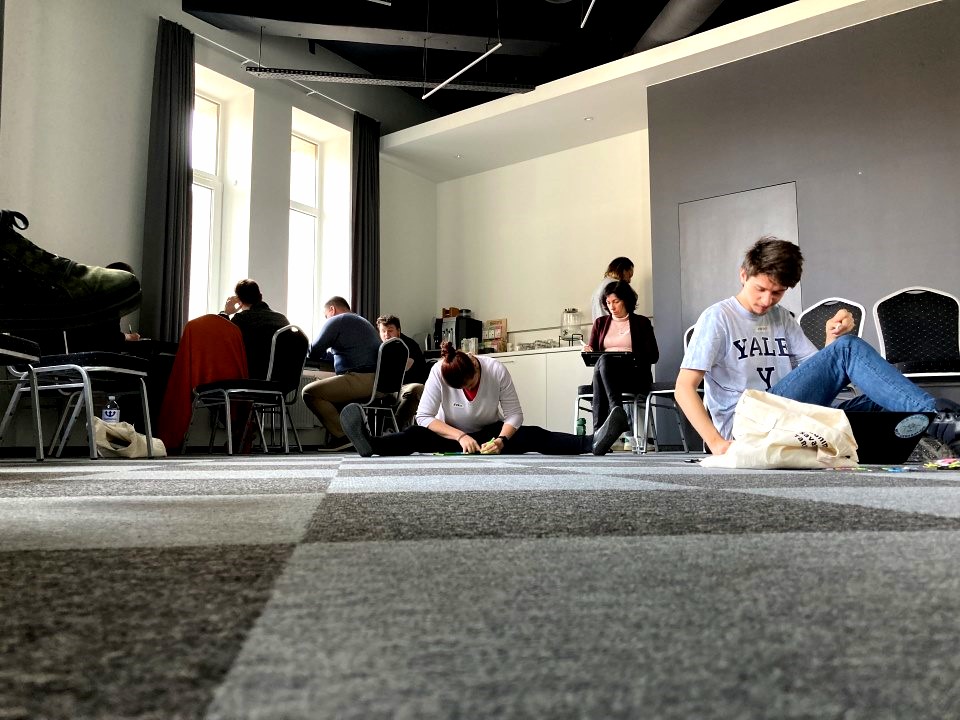
On the first day, Eglė from the Lithuanian NA “Agency of Youth Affairs” presented the youth policies in Lithuania. The participants discovered the different kinds of youth work that exist in the country, the network of open youth centers and open youth spaces, and about street youth work, and mobile youth work. The participants also learned the difference between mobile youth work and street youth work in Lithuania.
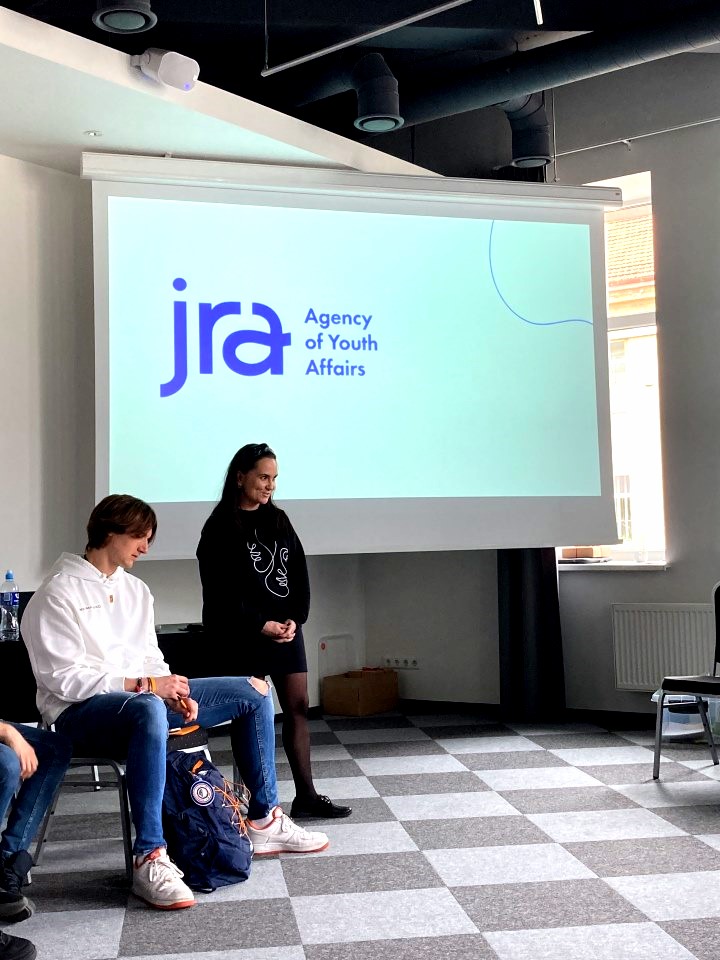
Mobile youth work is youth work with young people in residential areas where there is no infrastructure for your work. Youth workers take the needs of young people who live in the area into account. The aim is to ensure leisure activities, education, and social integration, and to empower young people to take an active role in their living area.
Street youth work is youth work with young people outside of an institutional setting. This takes place where young people gather informally like in public spaces, streets, parks, cafes, (sport) clubs, etc. The aim is to reduce the social exclusion of young people on the street and to increase their ability to fully participate in society.
On the second day, the participants visited Elektrenai Youth Center. They learned about its open youth work concept, its structure, and the principles on which their work is based on. The participants visited the cultural center where the youth center, the youth bureau, and the children day center are located. This youth center also does mobile youth work.
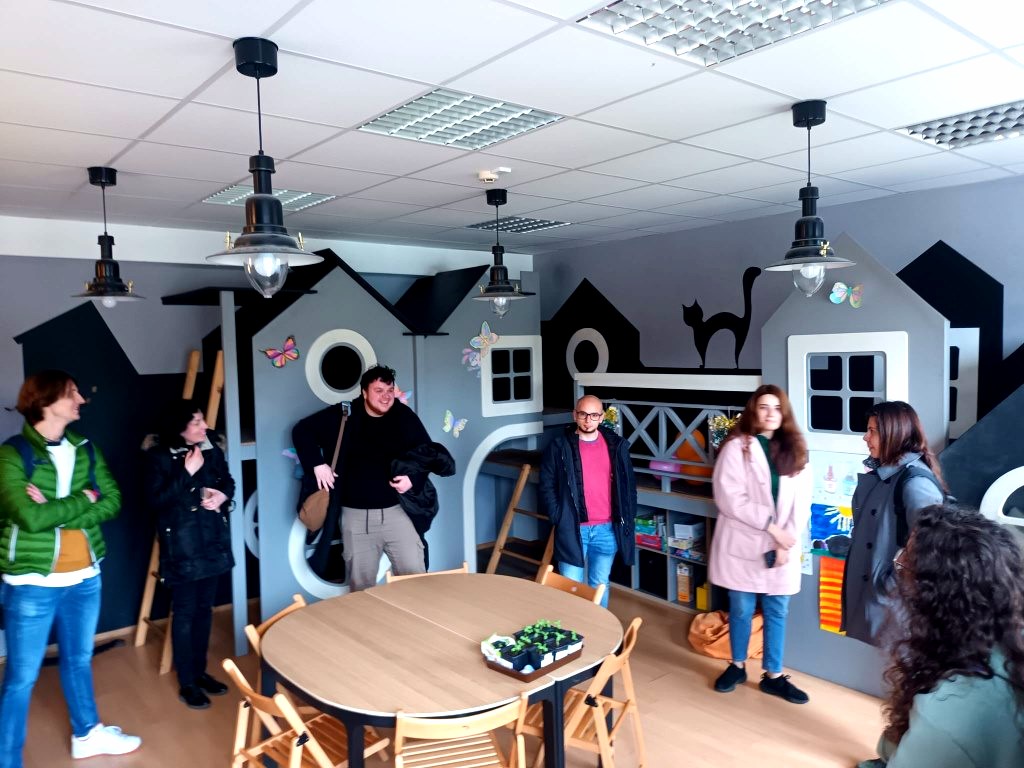
On the third day, the participants visited the Vilnius Social Club . The director presented the organisation, the history, volunteering opportunities, the football activities that they provide to children and young people with social difficulties, and other projects. The participants also learned more about the organisation’s street youth work.
For the Vilnius social club, street based youth work is a long termed program. It aims to build strong relationships with young people who spend a lot of their free time on the street. The youth workers want to provide young people with social and educational support and to advocate for their rights. The youth workers in this program visit places where young people gather. They offer individual counselling sessions and support for young people facing challenging situations, work with youth groups, organise open food evenings, distribute food in the community, etc. The principles of street work is that it has to have a warm and respectful relationship between staff and young people, that the involvement of young people has to be voluntary, that the youth workers help depending on the needs, and that everything happens in confidentiality.
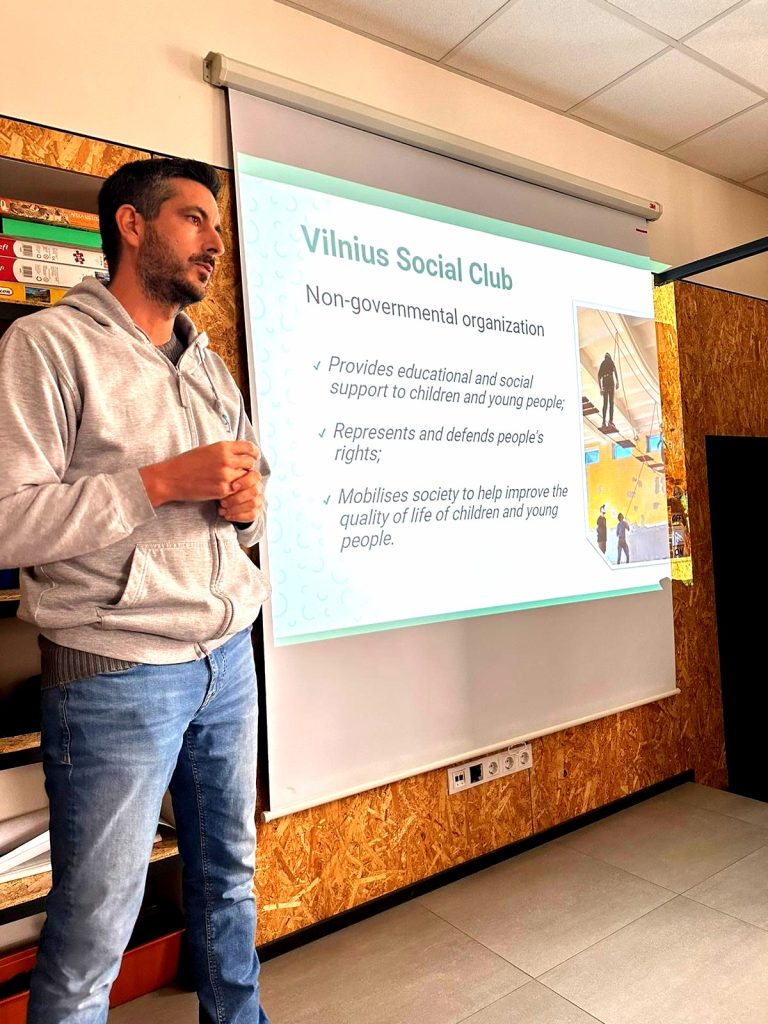
On the other hand, the mobile program has other objectives. This program tries to create a safe space for playing and strengthening relationships, mobilise communities and represent the right of young people, and to educate or help young people solving problems. The basic principles are openness, active participation, the relation between youth workers and young people, and what matters is the process and not the results.
Later in the day, the participants visited the open youth centre MES. The participants discovered the organisation, its structure, open youth work concepts, and projects that MES is implementing.
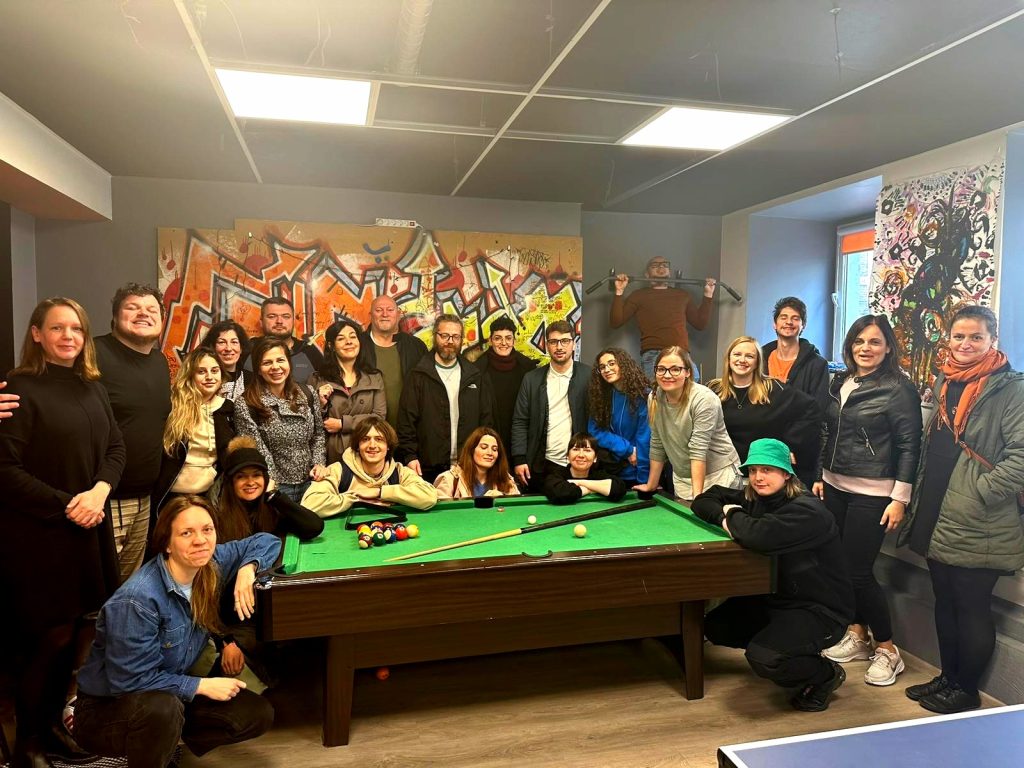
On the last day, the participants visited the municipality of Vilnius. They met the youth affairs coordinator Vidmantas, who spoke about the work of youth affairs coordinators, the main challenges that the city faces while implementing youth work, what the needs of young people living in Vilnius are, and what the coordinator does do to help them meet those needs.
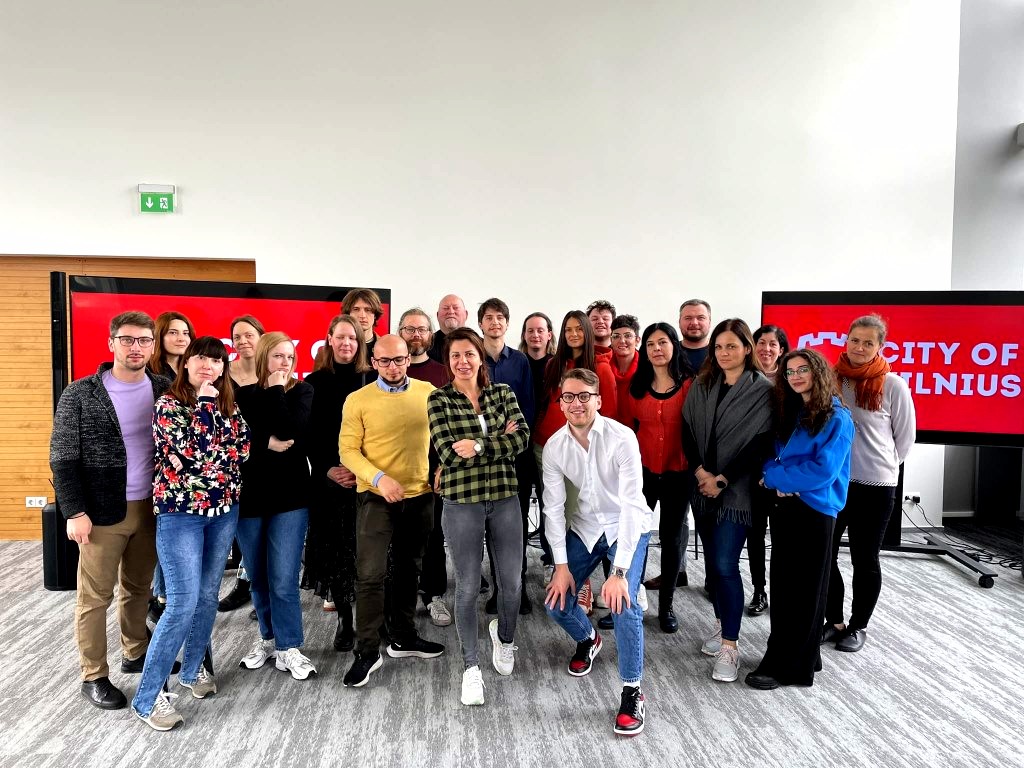
You can find more information on the SALTO website.